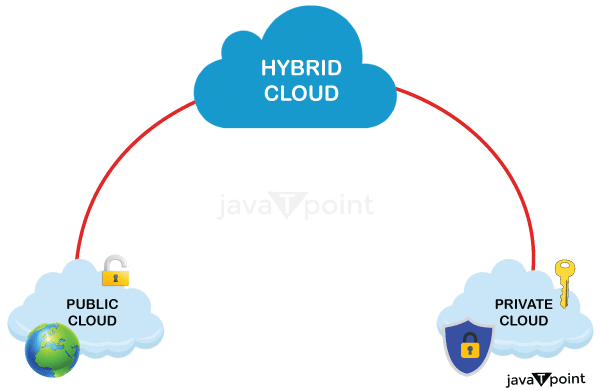Reasons Why Hybrid Cloud Network Security Is The Future Of Data Protection
The hybrid cloud is a type of cloud computing that combines on-premises infrastructure—or a private cloud—with a public cloud. A hybrid cloud can increase flexibility and scalability while still providing the benefits of on-premises security and control.
Mixed cloud network security can be used to securely connect on-premises resources to public clouds, or they can be used to run applications and workloads in a more distributed manner across both on-premises and public cloud resources. In either case, hybrid clouds offer some significant advantages when it comes to network security.

Image Source Google
For example, hybrid clouds can help organizations achieve better security through the separation of duties. By using the hybrid cloud, an organization can keep its most sensitive data and applications- on-premises while making use of the public cloud for less sensitive workloads. This separation of duties can help reduce the risk of data breaches and other security incidents.
In addition, hybrid clouds can provide organizations with increased visibility into their network traffic. By using a combination of on-premises and public cloud resources, organizations can gain insight into traffic patterns that would otherwise be hidden if all traffic was routed through the private network. This increased visibility can help identify potential threats and take steps to mitigate them before they cause any damage.
Benefits of Hybrid Cloud Network Security
There are many benefits of hybrid cloud network security. One benefit is that it can provide better protection for data than traditional security methods. Another benefit is that it can help to improve the performance of a network. Additionally, hybrid cloud network security can help to reduce the cost of a network.
